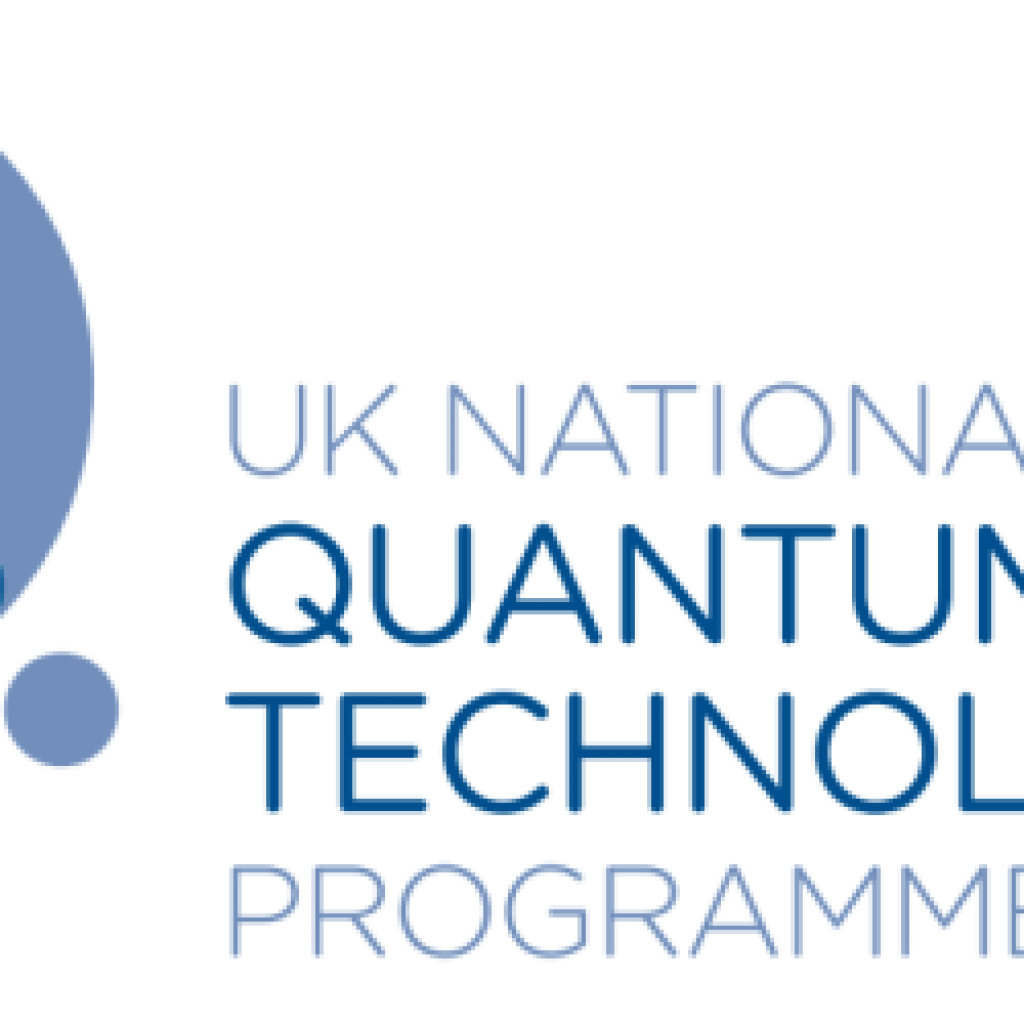(CambridgeIndependent) Cambridge Quantum Computing is developing a leadership position in four quantum domains – quantum cybersecurity, quantum chemistry, quantum machine learning and quantum finance.
The UK National Quantum Technologies programme had started in 2013, with quantum engineers and technologists meeting the entrepreneurial sector for the first time. The goal – a mere aspiration back then – was to develop products and services which made use of quantum superposition and quantum entanglement. The results are now starting to bear fruit.
“Cambridge Quantum Computing is a result of the success of the National Quantum Technologies programme,” one of the founders Ilyas Khan notes. “An analogy would be to say that it would not be dissimilar to someone setting up a business to focus on the internet in 1996 or ’97. Early in 2014 the themes were coming together. At that time I thought the business might be viable by 2024, and obviously since then it’s been far faster.”
“I was one of three founders – and the sole original founding investor – of the Accelerate Cambridge programme, which is run from Cambridge Judge Business School,” Ilyas says of the exegesis of one of the world’s key quantum technology companies from its butterfly cocoon. “Cambridge Quantum Computing emerged from the idea that Cambridge could produce a successful deep science company.
“The company as a whole has more than 130 people now,” Ilyas says. “We’re very science-heavy, with more than 100 scientists – more than 60 with PhDs – with a very strong business development team, a very strong legal and finance team.
“The quantum sector divides into three areas: quantum technologies, which is quantum clocks and metrology, and we’re not in that. Second is quantum computers – the hardware – and we’re not there either. Third is applications, algorithms and software; we’re very active in that area.”
“There are technical reasons why a quantum computer will ultimately be able to do something a classical computer will not, for example, quantum chemistry is one area where a quantum computer can do something a classical computer will not. The other area is meaning-aware language processing, and I’d say this is an extremely powerful and global area for quantum computing.
Cambridge Quantum Computing’s Entanglements Are at Heart of a New Technological Aera
